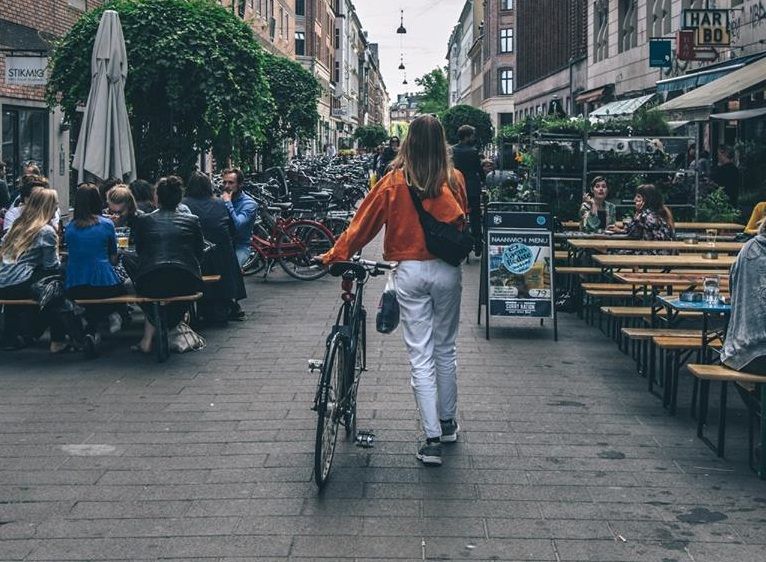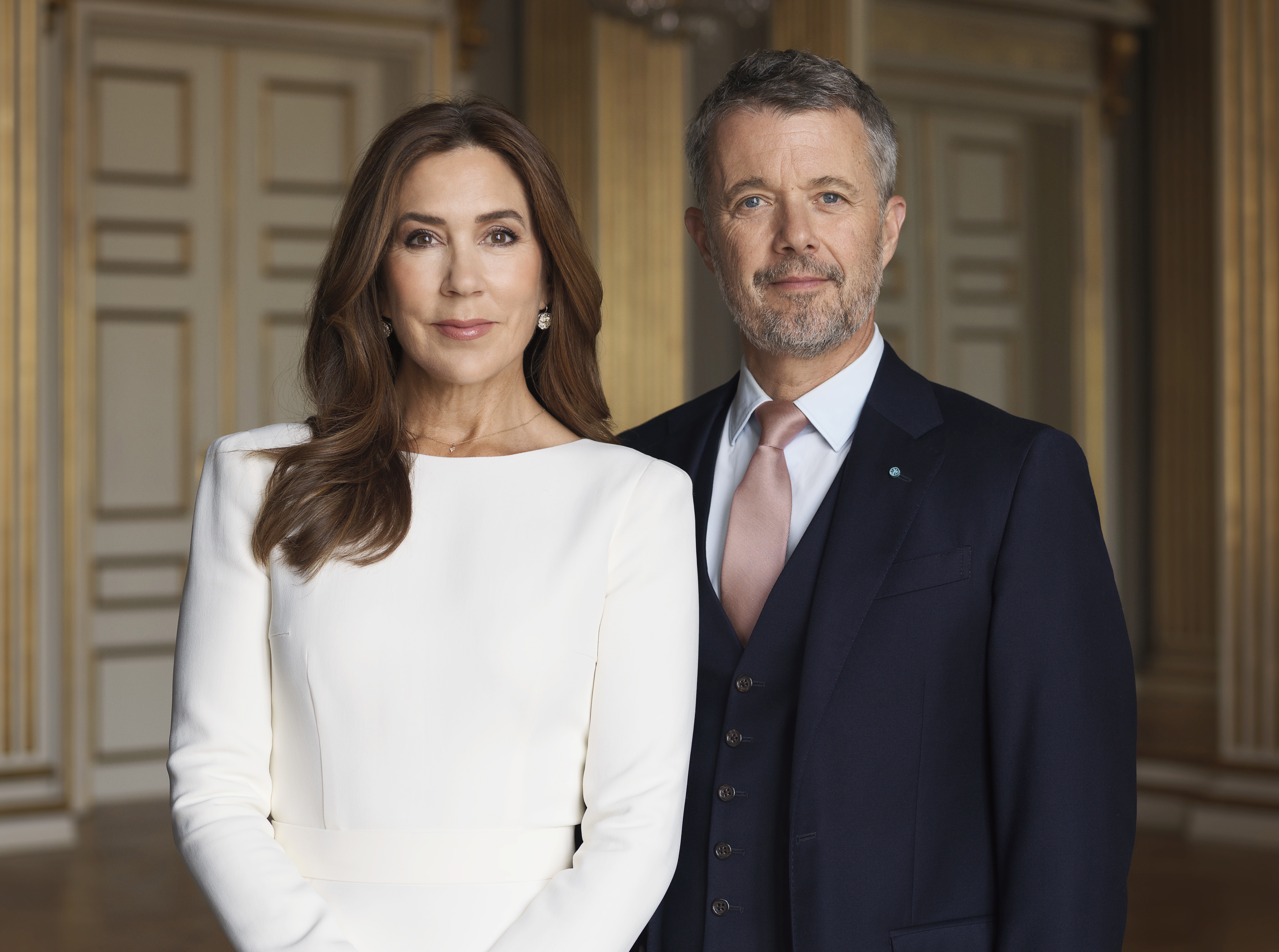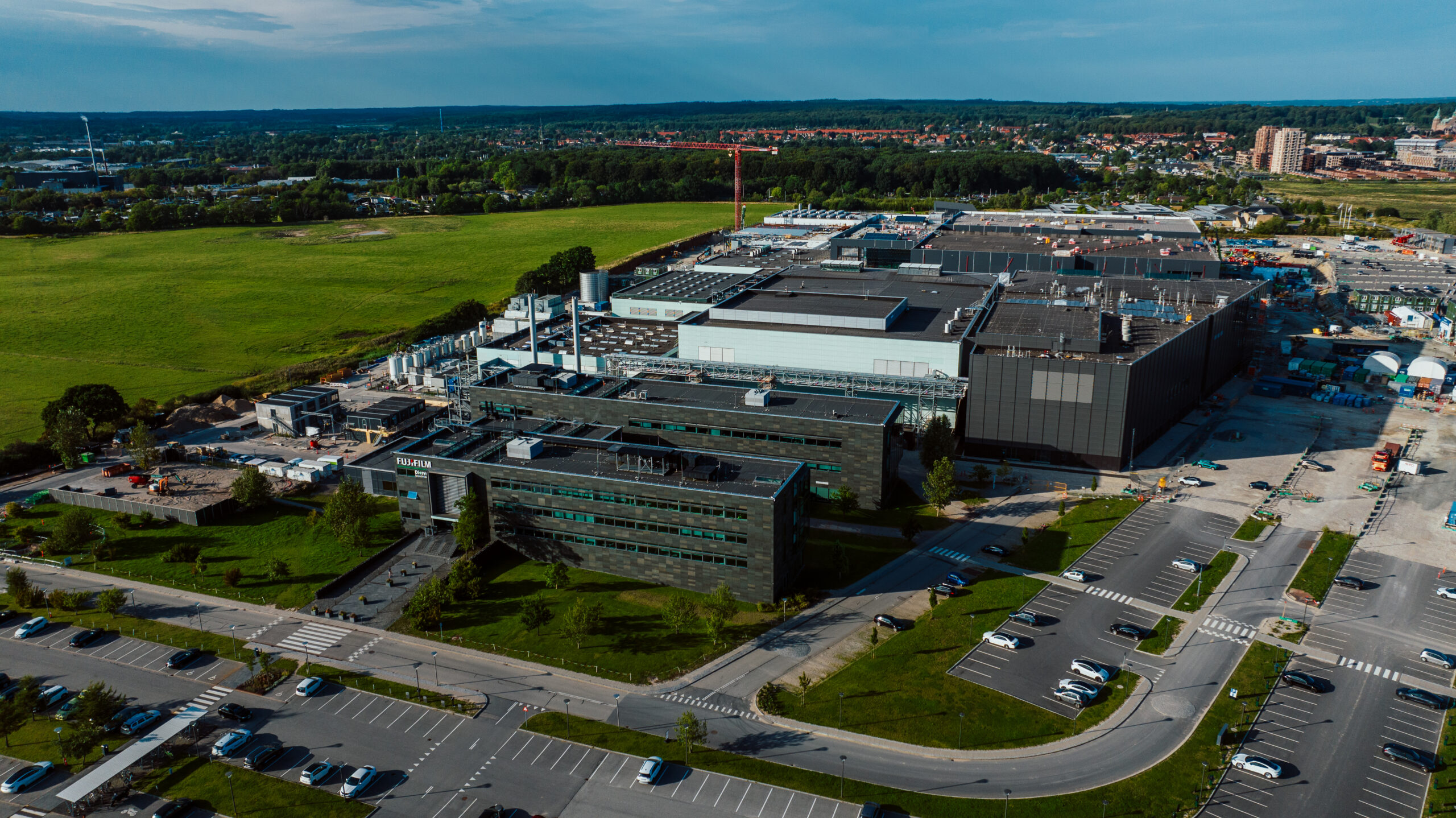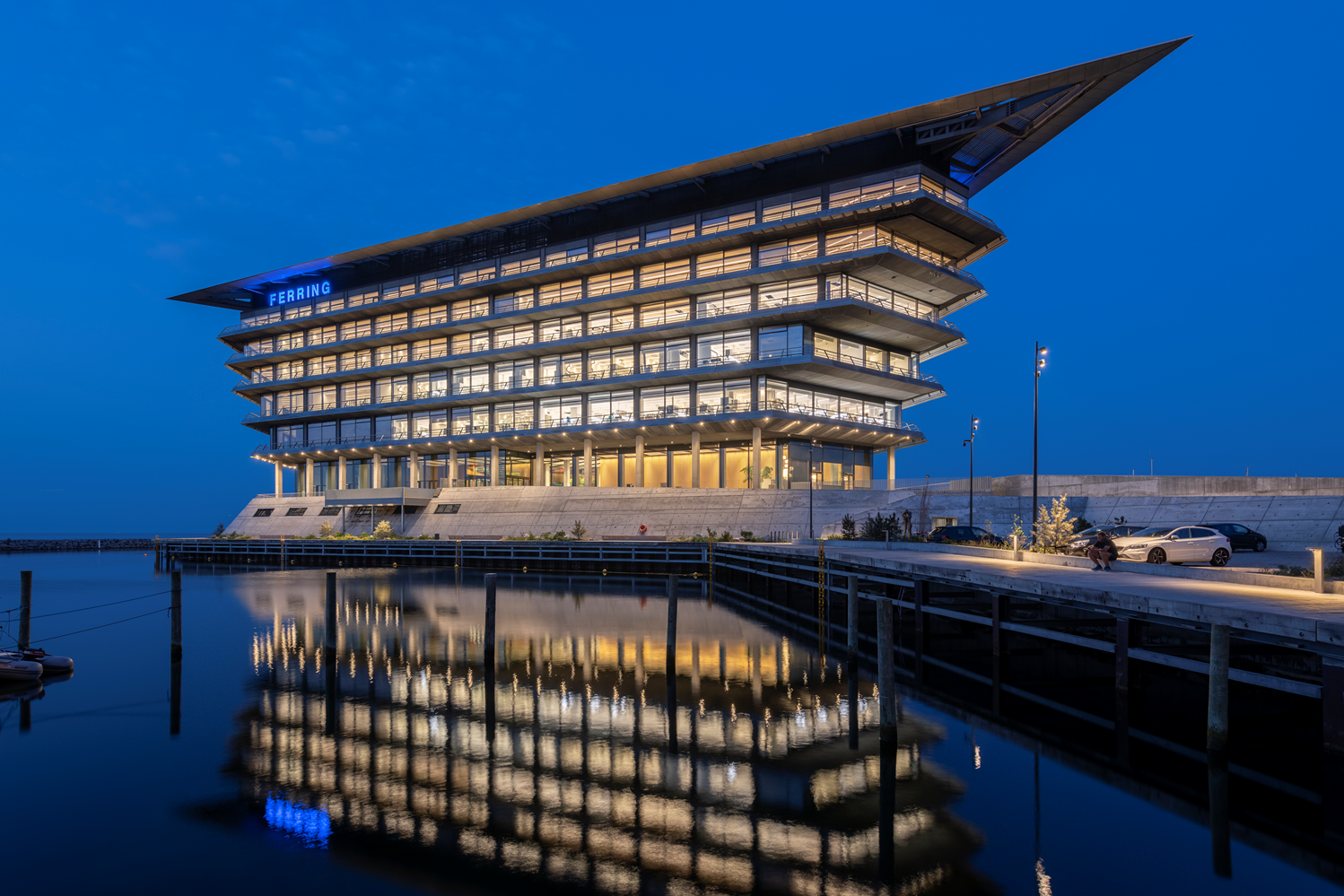If you’re reading this on June 18, the election is still ongoing, and the nation is bracing itself to discover whether it has a red or blue government – or rather a prime minister named Thorning-Schmidt or Rasmussen.
As things stand, the result is forecasted to be a dead heat between the two blocs. That could mean that every seat counts when forming an undisputed minority. With probably nine parties trying to make the best of it, we expect to see a race in which the competitors sell out at the highest possible price.
Curve ball down the middle?
But consider this. With Enhedslisten (far left) and Alternativet (romantic) in the red camp and Liberal Alliance (extreme liberal) and Dansk Folkeparti (traditional protest) in the blue, we may see the traditional parties reach across the middle.
Socialdemokraterne and Radikale with Venstre and Konservative could make ad hoc coalitions on state budgets and legislation that will have a long lifespan and save the country from too many populist experiments.
The hot potatos
The consensus seems to be that the voters want tighter regulation for immigration from outside the EU (and from within too if possible) and the reception of refugees. The gap in the population’s age composition and productive skills will then have to be remedied by immigration from within the EU framework, thus sadly letting the country miss out on recruiting talents from elsewhere.
The electorate would also appear to want law and order, which will mean more surveillance cameras, registration and police. Probably with little effect in general, but security is a hot subject, notwithstanding the fact that the crime rate is down outside gang-related circles.
Our free healthcare will improve with the paradox that staffing it means recruitment elsewhere, and the same goes for elderly care. It simply cannot be done without 100,000 social service workers coming in from eastern Europe, Asia and Africa where such resources, by the way, are already in short supply, but that does not bother us.
Business as usual
We will see a continuation of ongoing reforms such as the public school restructuring, the tightening of unemployment benefits, the reduction of company taxes, the modernisation of defence and the implementation of infrastructure such as the Fehmern connection. The electrification of railways, centralisation of hospitals and construction of a number of motorways and bridges will also go on.
Critical issues will be the framework for industry and farming, the globalisation of service providers, and the increasing fragility of the income tax system with a top bracket of over 50 percent. But with a modest growth scenario, it will not become critical overnight.
A no-go will be joining the euro, but the other EU reservations will get a referendum and go away. English as an official second language and the liberalisation of cannabis will have to wait another four years, although silently they have already become a reality.
With a sigh of relief following the 18th, we will go about our business as usual.








